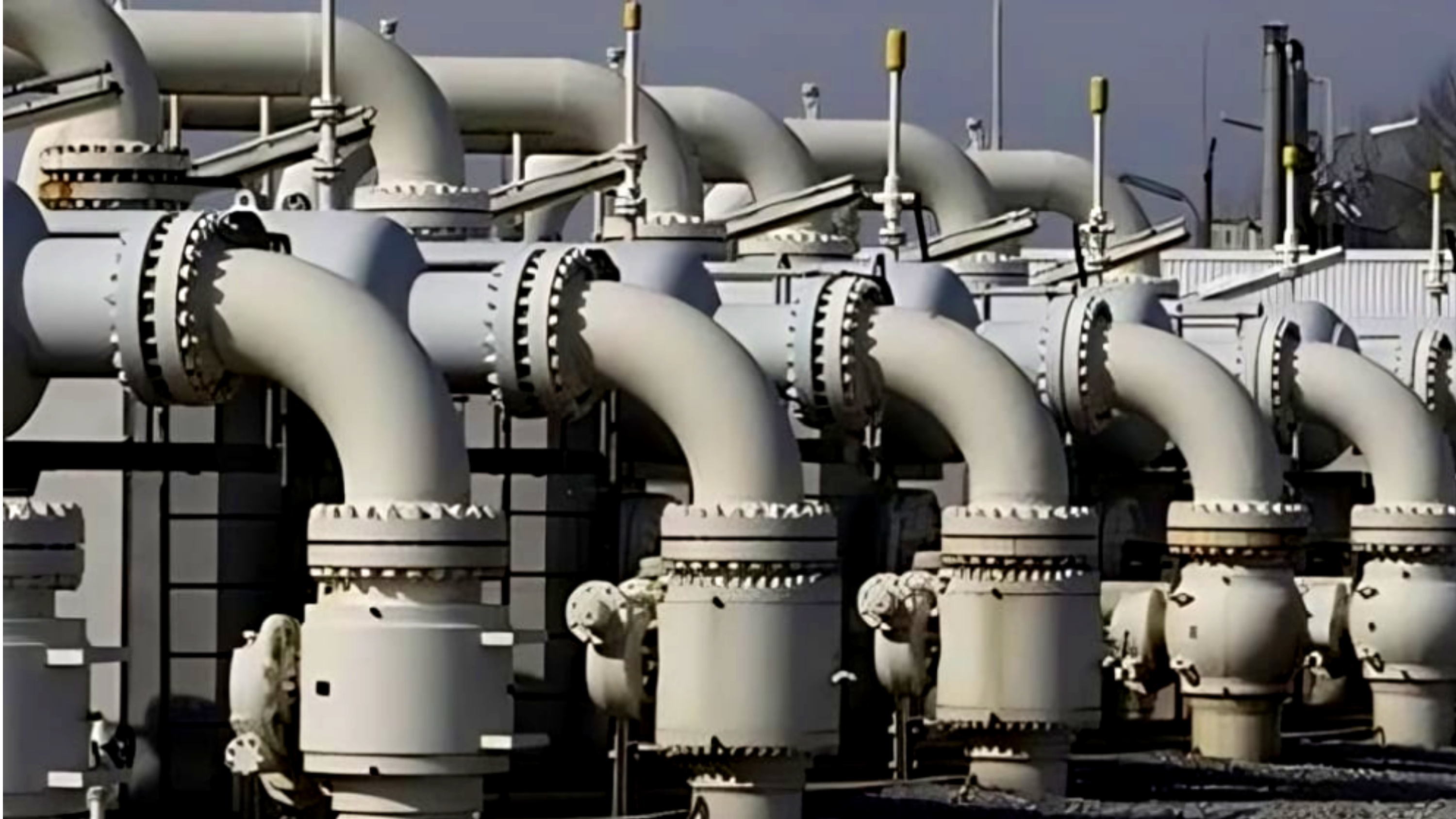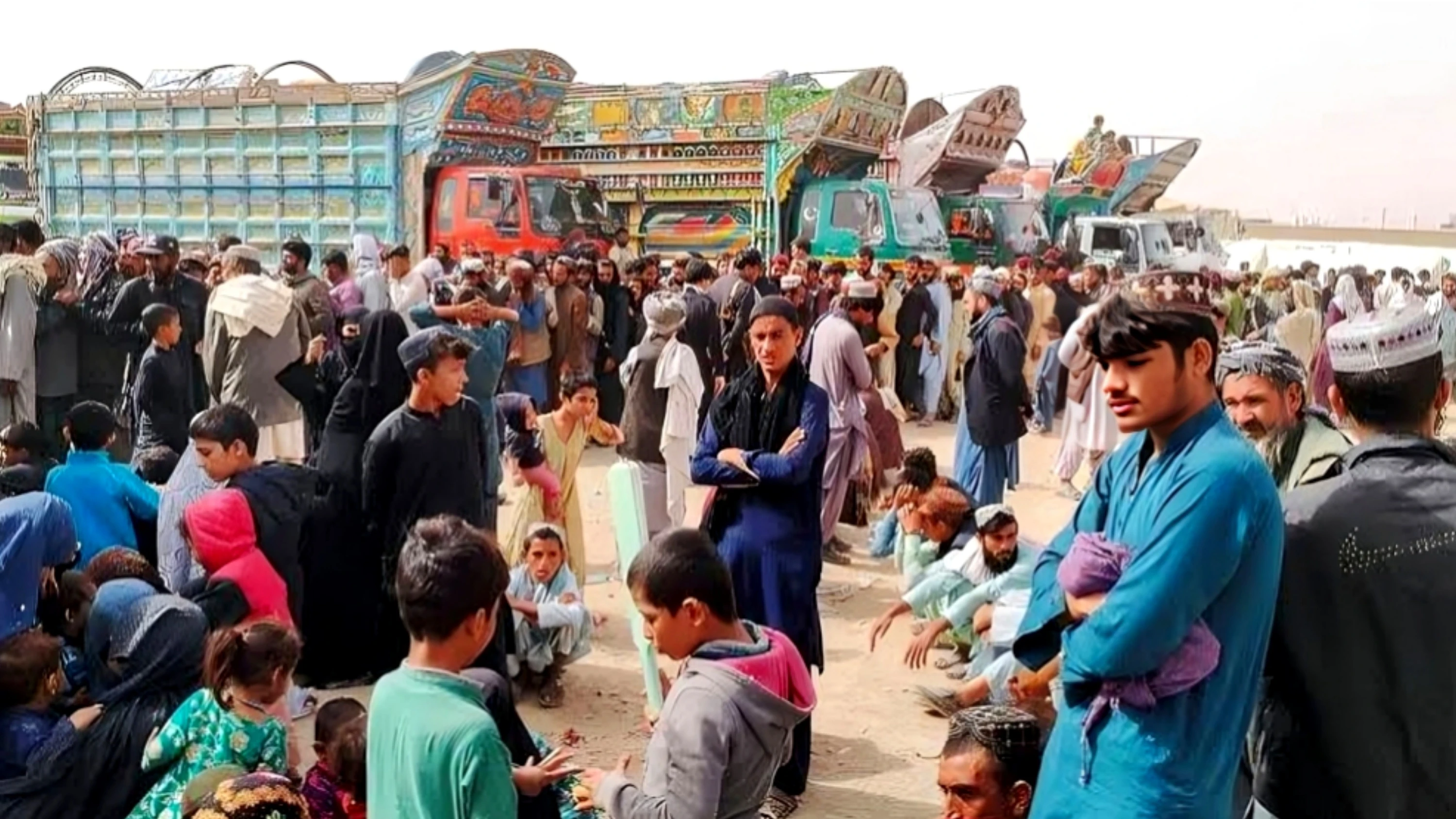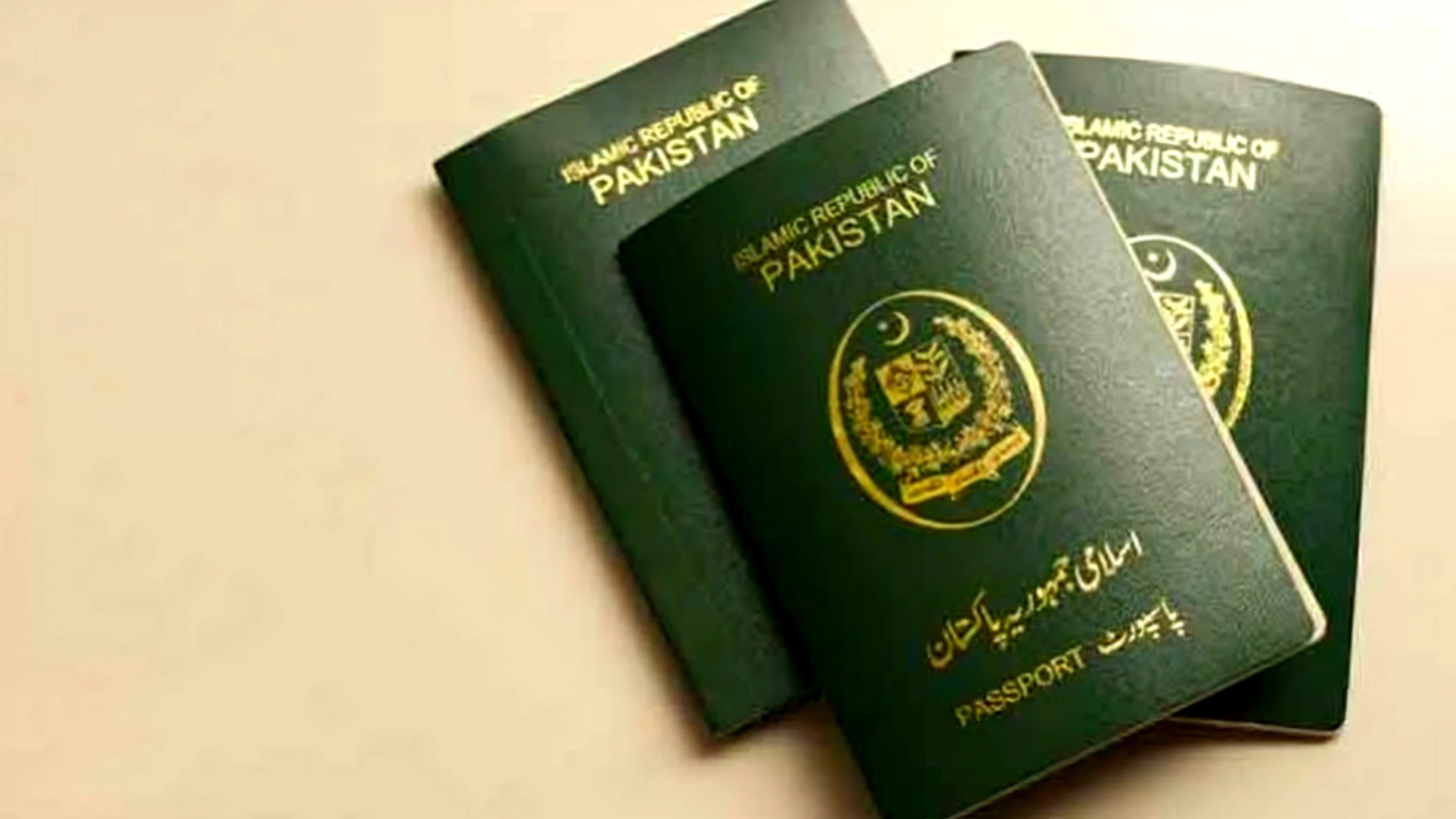Islamabad: The government has issued a notification to increase gas prices for industrial Captive Power Plants (CPPs) by 23% and has scaled back reductions in electricity tariffs. This move aims to keep policy negotiations on track with the visiting International Monetary Fund (IMF) staff mission, which is engaged in discussions for a $1.1 billion tranche in the coming weeks.
According to sources, a senior official involved in the negotiations revealed that the IMF mission, led by Nathan Porter, has taken a firm stance on the imposition of a “grid levy” on the supply of natural gas or liquefied natural gas (LNG) to industrial CPPs, despite previous government commitments.
To meet IMF conditions, the government swiftly completed all formalities and imposed a grid levy of Rs. 791 per million British thermal units (MMBTU) effective March 7, 2025. Copies of the notification were provided to the IMF mission.
A notification issued by Petroleum Secretary Momin Agha stated that under Section 3(1) of the Off-Grid (Captive Power Plants) Levy Ordinance 2025, the federal government has set the grid levy at Rs. 791 per MMBTU.
This decision raises gas prices for the affected category by Rs. 500, bringing the total cost to Rs. 4,291 per MMBTU. However, this is just the beginning, as the ordinance mandates further increases in the grid levy by 10% in July 2025, 15% in February 2026, and an additional 20% by August 2026. This would push gas prices to nearly Rs. 6,000 per MMBTU, aiming to discourage industrial consumers from relying on gas and instead shift them to the national power grid.
Meanwhile, the IMF has rejected proposals to cut electricity prices by Rs. 8-10 per unit through reductions or eliminations of sales tax, citing significant fiscal impacts. Instead, a smaller cut of Rs. 2-2.5 per unit is being considered, supported by additional revenue from the grid levy, modifications or cancellations of power purchase agreements with Independent Power Producers (IPPs), lower interest payments, and a stable exchange rate. These adjustments may take effect by April or July.
Officials disclosed that the IMF remains dissatisfied with the privatization timeline for power distribution companies (DISCOs) and their continued financial losses. The government plans to sell Islamabad, Faisalabad, and Gujranwala DISCOs in the first phase, followed by Multan, Lahore, and Hyderabad.
While the government had issued the Off-Grid Levy Ordinance on January 30, the notification on levy rates was delayed, which contributed to the increased charges. Revenue generated from this levy will be used to offset electricity costs for other consumers.
The levy applies in addition to the notified prices of natural gas and RLNG. Under the law, authorities must estimate the levy based on the difference between NEPRA-notified electricity tariffs for industrial consumers (B-3 category) and the self-generation cost of CPPs, as determined by OGRA. If CPPs fail to pay the levy on time, the supply of gas to defaulters will be discontinued.
IMF officials have also shown keen interest in enforcing agricultural income tax collection from July 1, 2025, and expanding taxation on retail and real estate sectors, in collaboration with provincial governments.
Government sources claim that Pakistan has largely met its December 2024 targets, although some reforms are delayed. The policy negotiations for the next fiscal year’s budget, scheduled for early June, are part of ongoing discussions.
Before finalizing budget proposals, IMF scrutiny will continue through virtual discussions. The policy-level talks also cover governance reforms, including a new online portal for tax return submissions and asset declarations for government officials.
The IMF mission is expected to meet Finance Minister Muhammad Aurangzeb on Friday.








